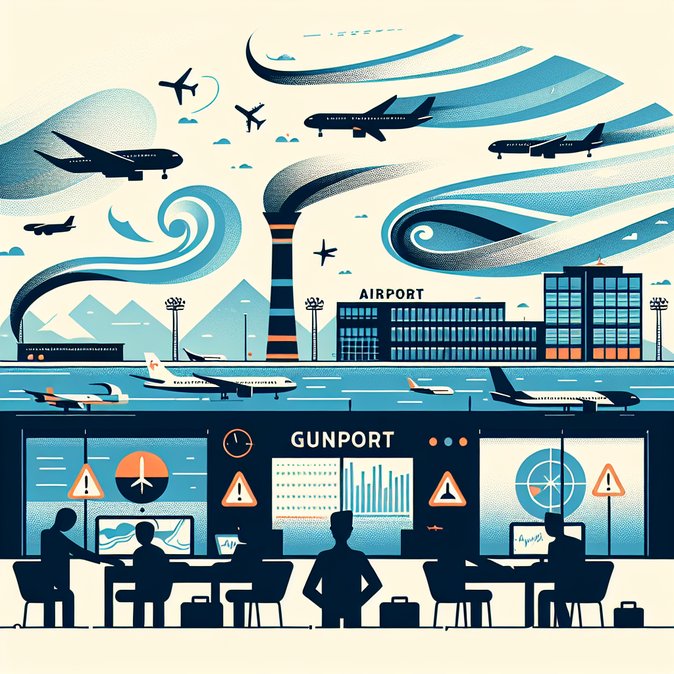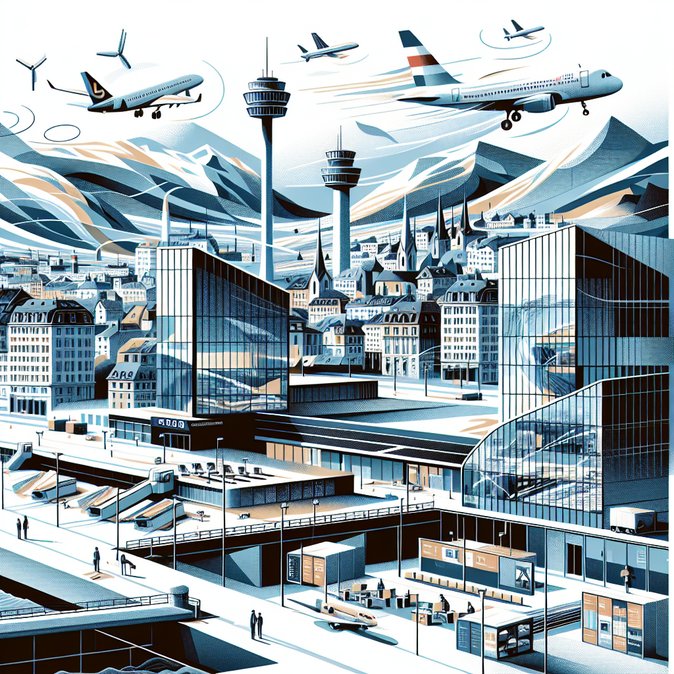
Severe coastal winds in north-western Europe combined with rolling air-traffic-control (ATC) staff shortages forced 30 flight cancellations and 449 delays across the continent on 13 November 2025, according to operational data cited by industry portal Travel & Tour World. Swiss International Air Lines (SWISS) scrubbed a cluster of early-morning rotations out of Geneva and Zurich, while partner Lufthansa diverted Zurich-bound services to Basel and Milan to relieve ramp congestion.
Although the raw numbers are modest compared with the summer peak, the knock-on effects were felt by business travellers connecting through Swiss hubs. Zurich Airport’s on-time departure rate slipped to 71 %, versus its 12-month average of 84 %. Ground-transport providers reported a 40-minute backlog at the Airside Center’s passport control as passengers rushed to re-issued boarding passes after missing connections.
![Weather and ATC Disruptions Trigger Same-Day Cancellations for Swiss and European Airlines]()
For corporate mobility teams, the incident is a reminder to keep real-time disruption dashboards active even outside peak season. The Swiss aviation weather service MeteoSwiss flagged the incoming low-pressure system 18 hours in advance, but many travellers remained unaware that ATC staffing levels in France and the Benelux would exacerbate delays.
Travel managers with duty-of-care obligations should note that SWISS rebooked affected passengers automatically but offered hotel vouchers only for delays exceeding six hours, in line with EU261. Companies relying on self-service booking tools are encouraged to nudge employees to accept automated re-accommodation within the app rather than queuing at service desks.
While Thursday’s disruption was short-lived, Eurocontrol has warned of a 12 % capacity gap this winter as ATC units train staff on the new Schengen Entry/Exit System’s data-sharing requirements. Swiss carriers therefore expect further sporadic delays through Q1 2026.
Although the raw numbers are modest compared with the summer peak, the knock-on effects were felt by business travellers connecting through Swiss hubs. Zurich Airport’s on-time departure rate slipped to 71 %, versus its 12-month average of 84 %. Ground-transport providers reported a 40-minute backlog at the Airside Center’s passport control as passengers rushed to re-issued boarding passes after missing connections.

For corporate mobility teams, the incident is a reminder to keep real-time disruption dashboards active even outside peak season. The Swiss aviation weather service MeteoSwiss flagged the incoming low-pressure system 18 hours in advance, but many travellers remained unaware that ATC staffing levels in France and the Benelux would exacerbate delays.
Travel managers with duty-of-care obligations should note that SWISS rebooked affected passengers automatically but offered hotel vouchers only for delays exceeding six hours, in line with EU261. Companies relying on self-service booking tools are encouraged to nudge employees to accept automated re-accommodation within the app rather than queuing at service desks.
While Thursday’s disruption was short-lived, Eurocontrol has warned of a 12 % capacity gap this winter as ATC units train staff on the new Schengen Entry/Exit System’s data-sharing requirements. Swiss carriers therefore expect further sporadic delays through Q1 2026.







